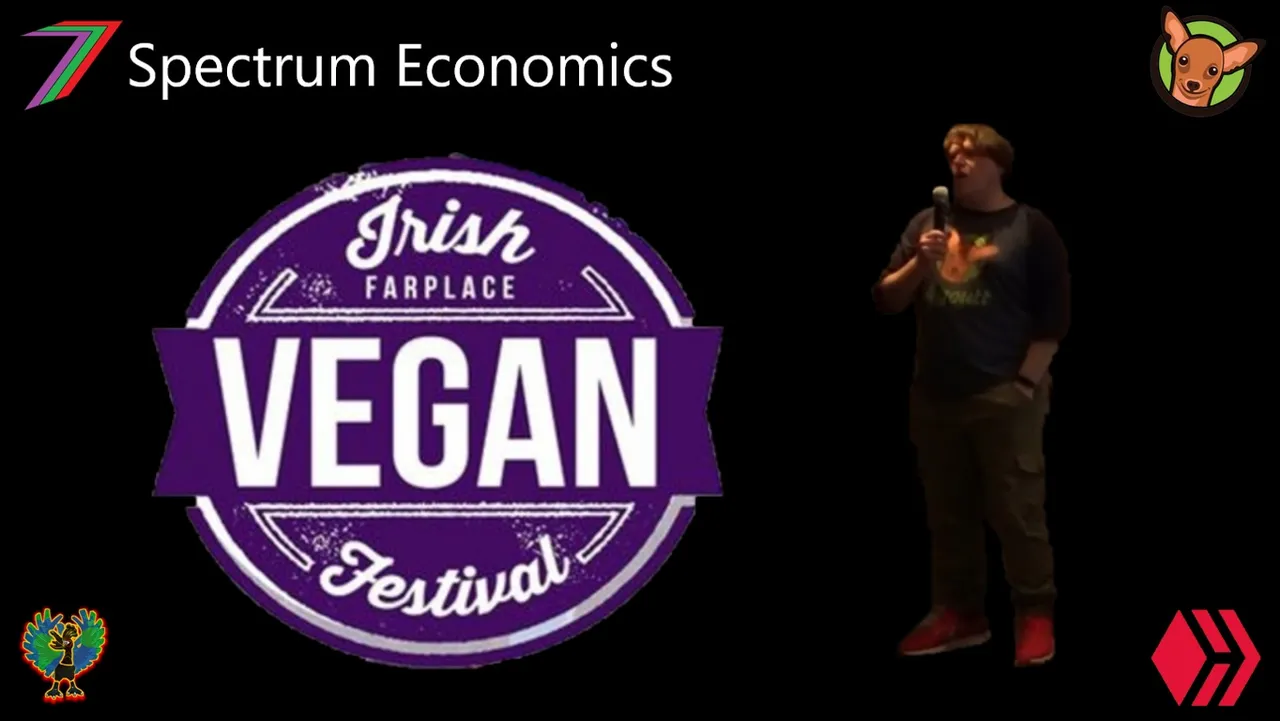Hi Everyone,
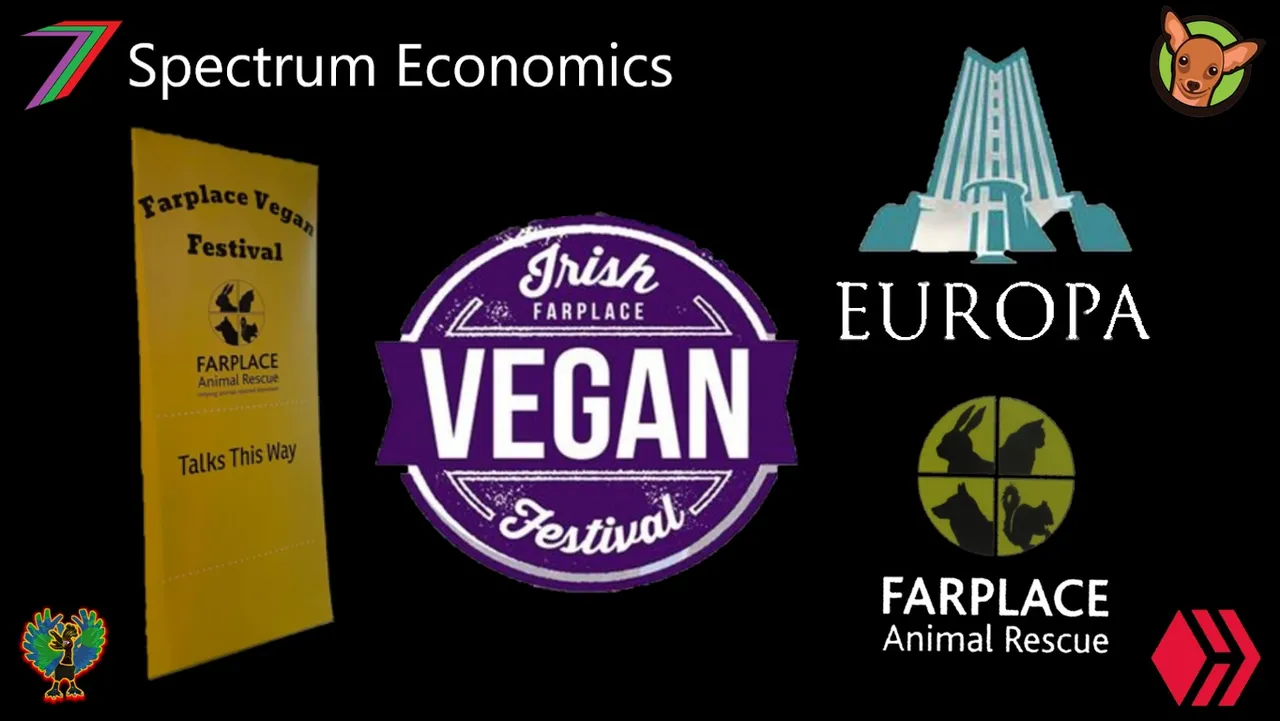
On Saturday, my sister (@vegoutt-travel) and I presented at the Irish Vegan Festival in Belfast. The event is normally held annually but has not been held over the past 2 years because of Covid-19 restrictions.
I was unaware of this event until my sister, who had been invited to present and prepare food, told me about it. Initially, she was given 30 minutes to give a talk about animal rescue and make vegan protein balls. However, as there was a shortage of speakers, my sister was given an hour for her talk and cooking demonstration (vegan protein balls). Therefore, she asked me if I would like to talk as well. We have spoken together several times at events; these include the Vegoutt launch and Sea Shepherd Stand Fast Festival. I was happy to contribute in some way.
Picking a Topic
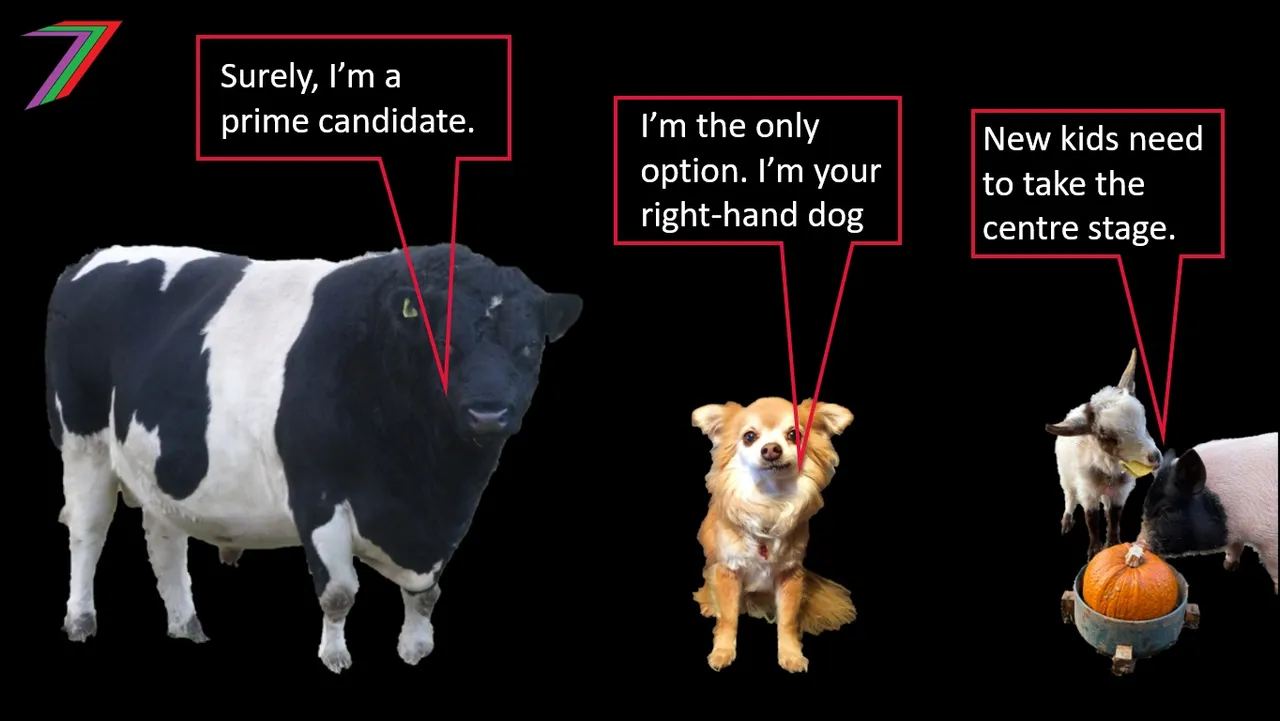
In my previous presentations, I discussed the relationship between economics and veganism. Economics can be applied to how we treat animals. In this talk, I focused less on veganism and more on meat consumption. Veganism involves a significant lifestyle change and not just a change in diet. Veganism involves not consuming any animal products. This includes:
- Food such as meat, dairy, eggs, and honey.
- Entertainment that involves animal abuse such as circuses with animals and sport events (e.g. horseracing and greyhound racing).
- Products that have been tested on animals such as some skin care products and medications.
- Clothing made from animal products such as leather, fur and feathers or if the production of the clothing has involved some form of animal cruelty.
- Pets that have been reared in cruel environments such as puppy or kitten farms.
Not eating meat or consuming less meat covers a much broader group of people. This group would include vegans, vegetarians, pescatarians, and flexitarians. I wanted a topic that had a broader reach, as vegan events are attended by more than just vegans.
In November 2021, I wrote a post 'Do the reasons for reducing meat consumption matter?'. This topic felt perfect for the event and I have yet to make a video about it. All of my statistics were recent so they did not need updating, which was useful considering I only had a week to prepare.
Content of Video
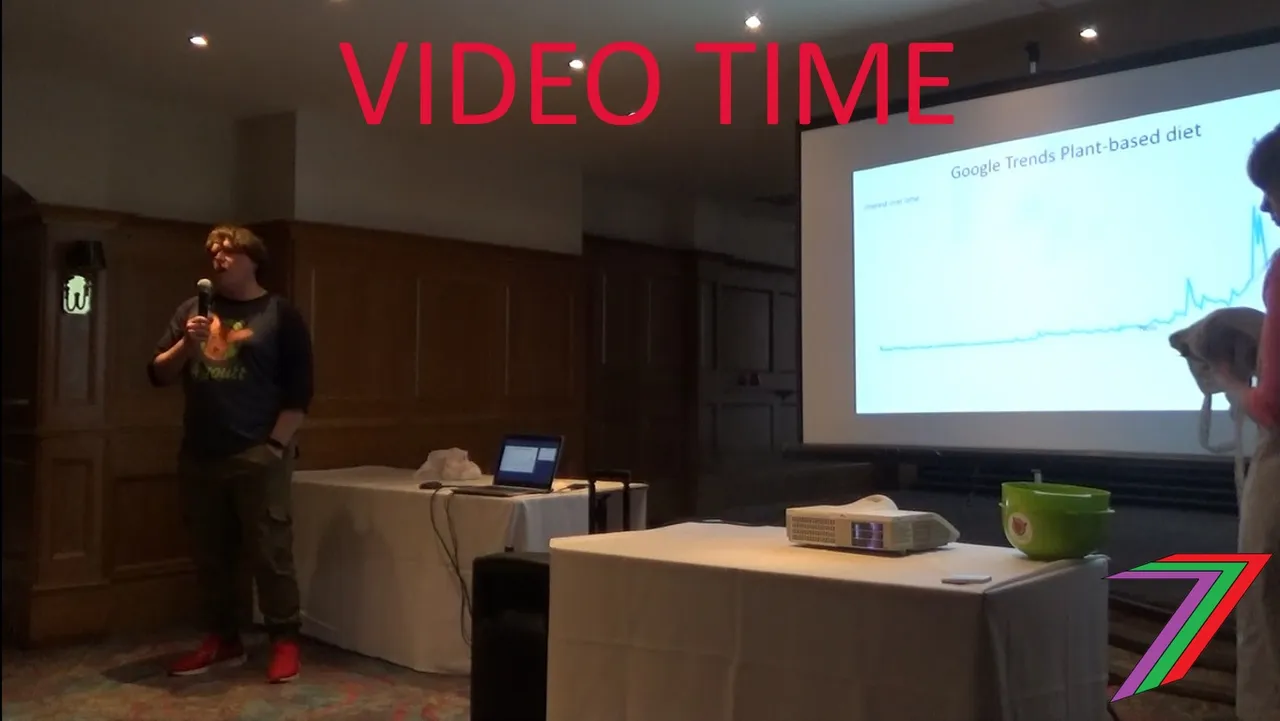
The presentation was reasonably short as I only had about a 10 to 15 minute window to fill. My previous post contained about 30 diagrams, tables, and pictures. A full presentation would have taken about 25 to 30 minutes. Therefore, I moved through the slides quickly and skipped a few areas that I discussed in the original post (I strongly recommend that you read the original post for information to support the presentation).
I began the video by assessing if we are reducing our meat consumption. This assessment considered:
- Google searches relating to veganism, plant-based diet, and semi-vegetarianism.
- Changes in consumption of plant-based foods.
- Increase in the number of vegetarian and vegan restaurants.
- Global meat consumption.
- Meat consumption per capita in various countries.
Next, I focused on the reasons people give for reducing meat consumption. The video contains the results of several different surveys from mostly the USA and the UK. The most common responses from these surveys are as follows:
- Animals welfare
- Health
- Environment
- Food safety
- Religion
- Taste
- Allergies
Health topped the reasons given for surveys that included a broad group of people such as vegans, vegetarians, pescatarians, and flexitarians. For surveys that focused on just vegans, animal welfare was the number one reason; however, health was the second reason given.
Finally, I discussed the relationship between reasons for becoming vegan or vegetarian and commitment to remaining vegan or vegetarian. I focused on two surveys/studies. The EPIC-Oxford Study indicated a very high proportion of vegans and vegetarians remain so in the long-run (over 20 years). The Faunalytics Study indicated that very few vegans and vegetarians maintained the diet/lifestyle beyond a year. The differences in results are likely because of respondent’s different reasons for becoming vegan or vegetarian. The EPIC-Oxford Study was conducted over a 20-year period (1990s to 2010s). The main reason for these respondents was animal welfare. The Faunalytics Study was conducted in 2014 and 2015. This study found that most of the respondents who returned to eating meat had stopped eating meat for health reasons. Health reasons are drawing people away from meat but they are less compelling reasons than animal welfare.
References from Video
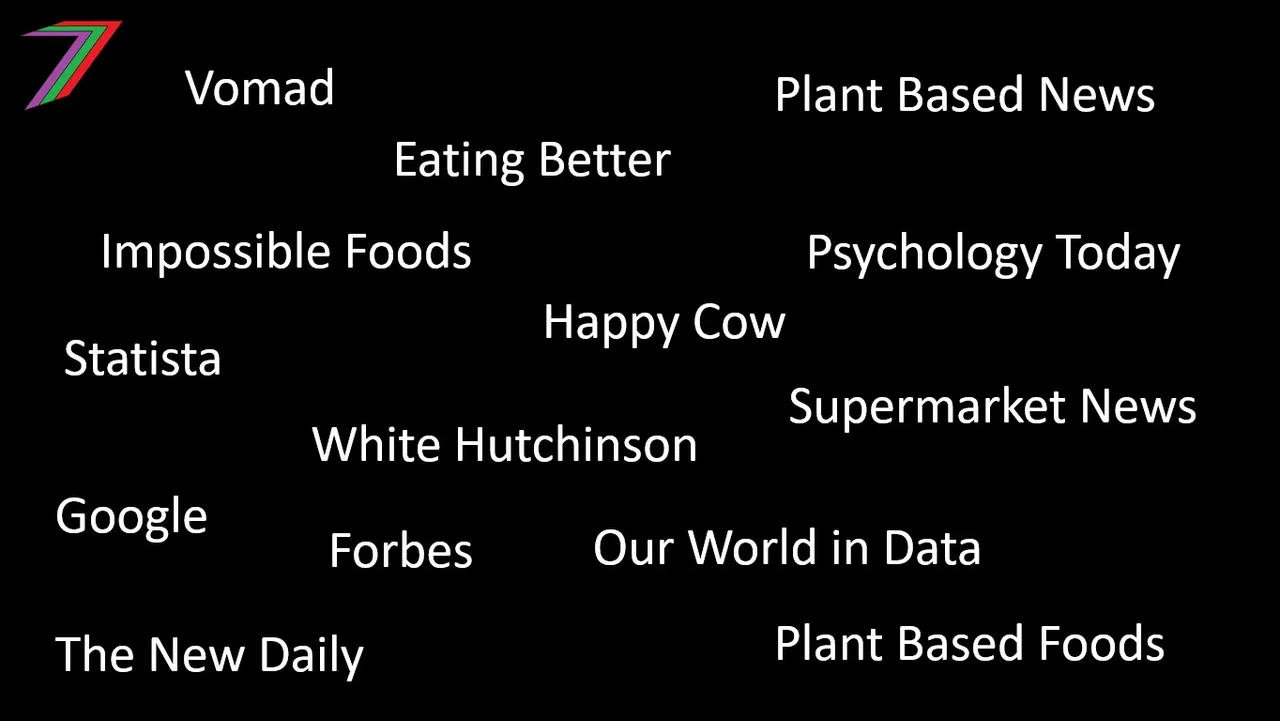
- Google Trends Plant Based Diet
- Google Trends Veganism
- Google Trends Semi-vegetarianism
- Popularity of veganism sourced from Chef’s Pencil cited by The New Daily
- Growth in Plant-based Foods sourced from Supermarket News
- Growth in Vegan and Vegetarian restaurants sourced from Happy Cow
- Americans reducing meat consumption sourced from Statista
- Global meat consumption sourced from Statista
- Per capita red meat consumption USA sourced from Statista
- Per capita poultry, pork, and beef consumption USA sourced from Our World in Data
- Per capita poultry, pork, and beef consumption EU sourced from Our World in Data
- Countries with the highest per capita meat consumption sourced from Statista
- Australia per capita consumption of beef and veal sourced from Statista
- Countries with the highest per capita meat consumption in 2017 plus breakdown sourced from Our World in Data
- Diets of potential plant-based customers sourced from Plant Based Foods Association
- Main reason for becoming vegan sourced from Vomad
- Main reason for becoming vegan (UK only) sourced from Statista
- EPIC-Oxford Study sourced from Plant Based News
- Faunalytics Study
- Reasons Americans have given for reducing meat consumption sourced from Statista
- Reasons Americans have given for reducing meat consumption sourced from White Hutchinson
- Reason for purchasing plant-based foods in the USA sourced from Plant Based Foods Association
- Reasons UK residents have given for reducing meat consumption sourced from Eating Better
- Consumers of both plant-based and animal products sourced from Plant Based Foods Association
- Plant-based preferences according to generation sourced from Impossible Foods
- Projected global sales of meat between 2025 and 2040 sourced from Statista
- Per capita fruit and vegetable consumption in the USA sourced from Statista
- Vegetarian or vegan based on political belief (USA) sourced from Gallup cited by Psychology Today
- US Liberal vs. Conservative support for meat consumption sourced from Forbes
More posts

If you want to read any of my other posts, you can click on the links below. These links will lead you to posts containing my collection of works. These 'Collection of Works' posts have been updated to contain links to the Hive versions of my posts.
Hive: Future of Social Media
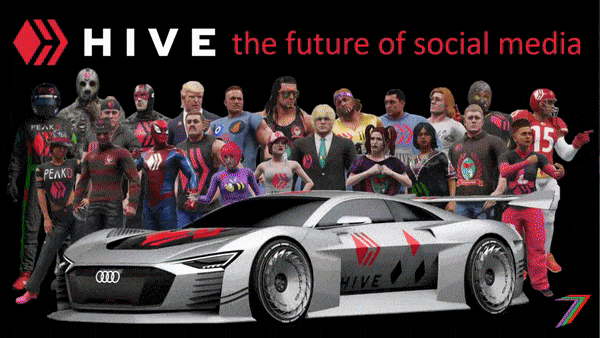
Spectrumecons on the Hive blockchain

▶️ 3Speak
